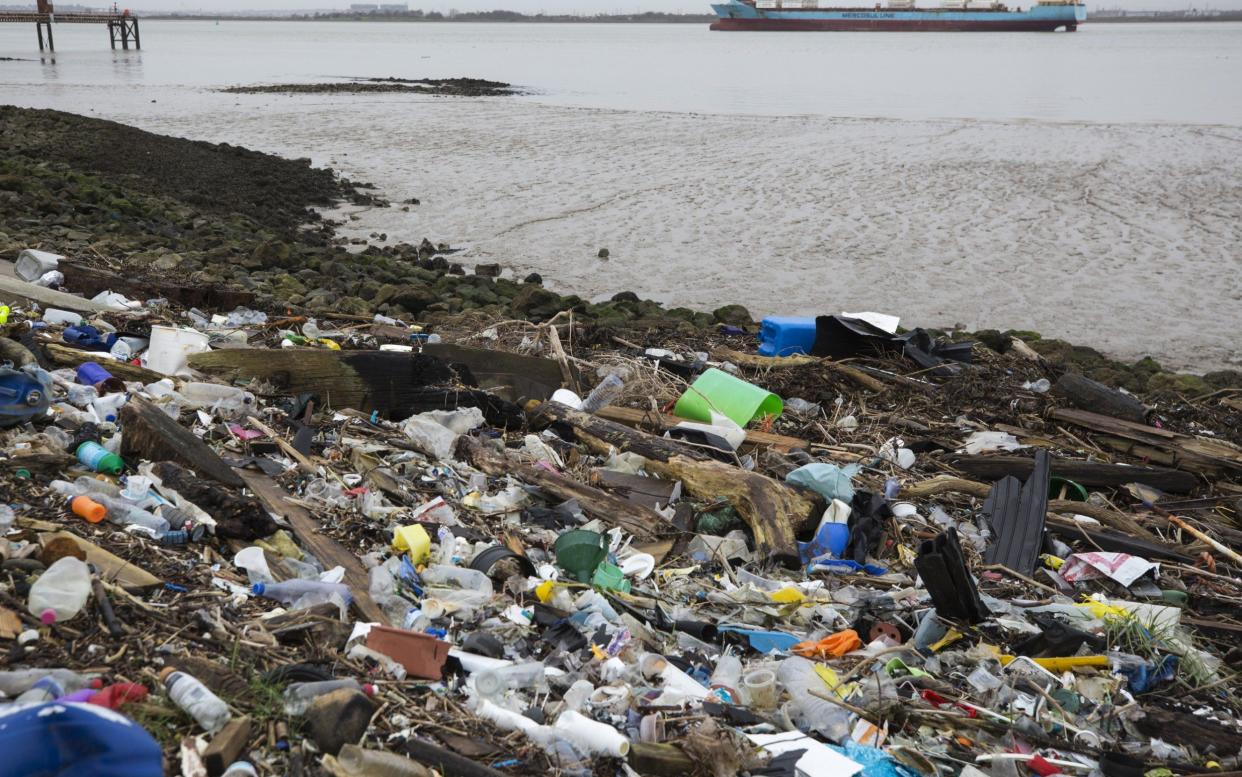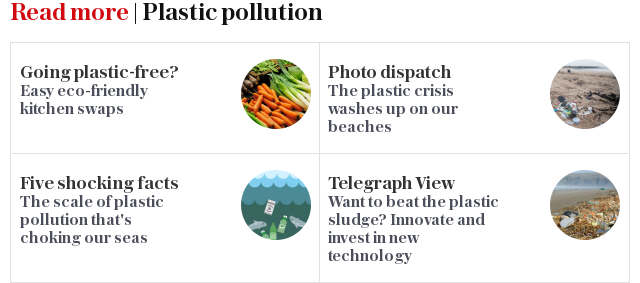Businessman plans to burn 'body parts and organs' to create energy

A plan to produce electricity by burning “body parts and organs” has created uproar in a small Sussex town.
The groundbreaking proposals to turn medical waste such as bandages, blood products and nappies into clean energy has confounded locals who fear the process will create poisonous air and noise pollution.
But Michael Burns, 62, the local businessman behind the concept, insists that rather than being a modern-day Frankenstein, he has “a lead on the world” in creating clean energy from a specific combination of plastic and biomass.
Rather than burning the waste in a traditional incinerator, his company, Medipower, plans to use a gasification process whereby it is heated to produce a synthetic gas which is ignited and converted into thermal energy.
“We have tried to treat waste as a precious fuel like gasoline or diesel,” he said.
“Who has got the nouse to challenge those large incineration companies and say look, there is better technology out there.
“We want an invention that helps the environment, not kills it, and our technology is the best out there. It’s all about the emissions.”

Mr Burns, a father-of-five, studied chemical engineering and spent years working for motor companies including Daewoo and Ford before branching out on his own.
He realised that plastic waste “was a headache for a lot of people” long before it became a national talking point and spent 11 years working on a technology that would combust it in the cleanest way possible.
With the help of a government loan and investments totalling several million pounds, he developed a heat exchange method that won a valuable US patent.
One of the biggest problems, he believes, is that landfill sites are closing and no one knows what to do with the non recyclable waste.
But his discovery that burning plastic alongside biomass creates a “pretty good fuel” led him to look at hospital waste.
“Medical waste from theatres has a high level of plastic and a high level of biomass from things like paper tissues, gowns and nappies,” he said.
“We get paid by the tonne to take the waste and believe we will be able to hugely undercut the companies currently being paid by the NHS to take this waste to landfill.”
Although the permit application lists “body parts and organs including blood bags” among the materials to be incinerated, Mr Burns insisted “there are no arms and legs” and that at worst the waste might include the odd finger nail.

Medipower has two factories in Newhaven, East Sussex, one of which contains a prototype unit that has been in operation for three years combusting waste from the sea.
If it gets the permit, the plant, the first of its kind, will burn 10.5 tonnes of hospital waste a day, creating enough thermal energy to power hundreds of homes, eventually employing 58 people.
Longer term, he plans to open four more plants in the south of England that create fuel from kitchen waste, which would have similar properties if the individual components are not recycled separately and biomass is not recycled “willy nilly”.
Medipower’s application to Lewes District Council for an environmental permit has attracted more than 200 objections, including one from local MEP Keith Taylor, but he insists that people misunderstand how the plant operates.
“A lot of people look at it and think it’s an incinerator but don’t understand what it is,” he said.
“That’s the biggest problem. It’s been a little bit hijacked which is sad.
“People hear the word incinerator and then add body parts and get the wrong idea.
“But this is our take-off point. We have a lead on the rest of the world when it comes to recycling and clean energy.”

 Yahoo News
Yahoo News 
